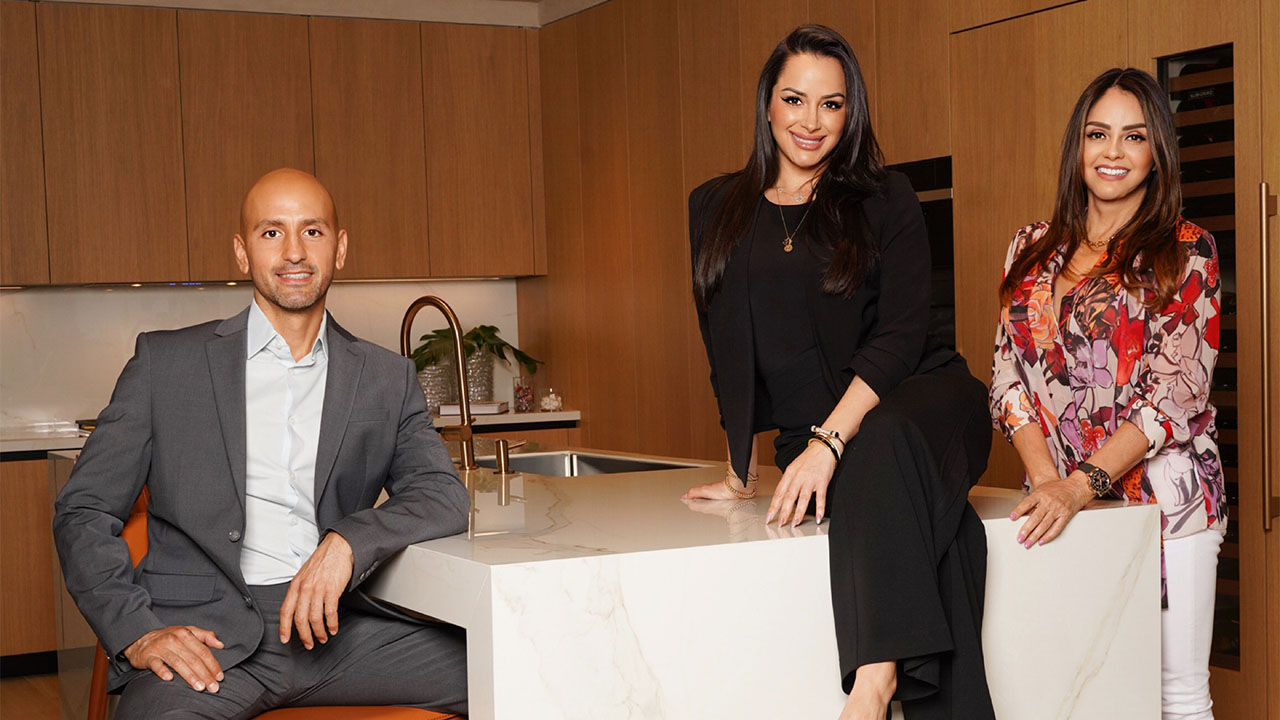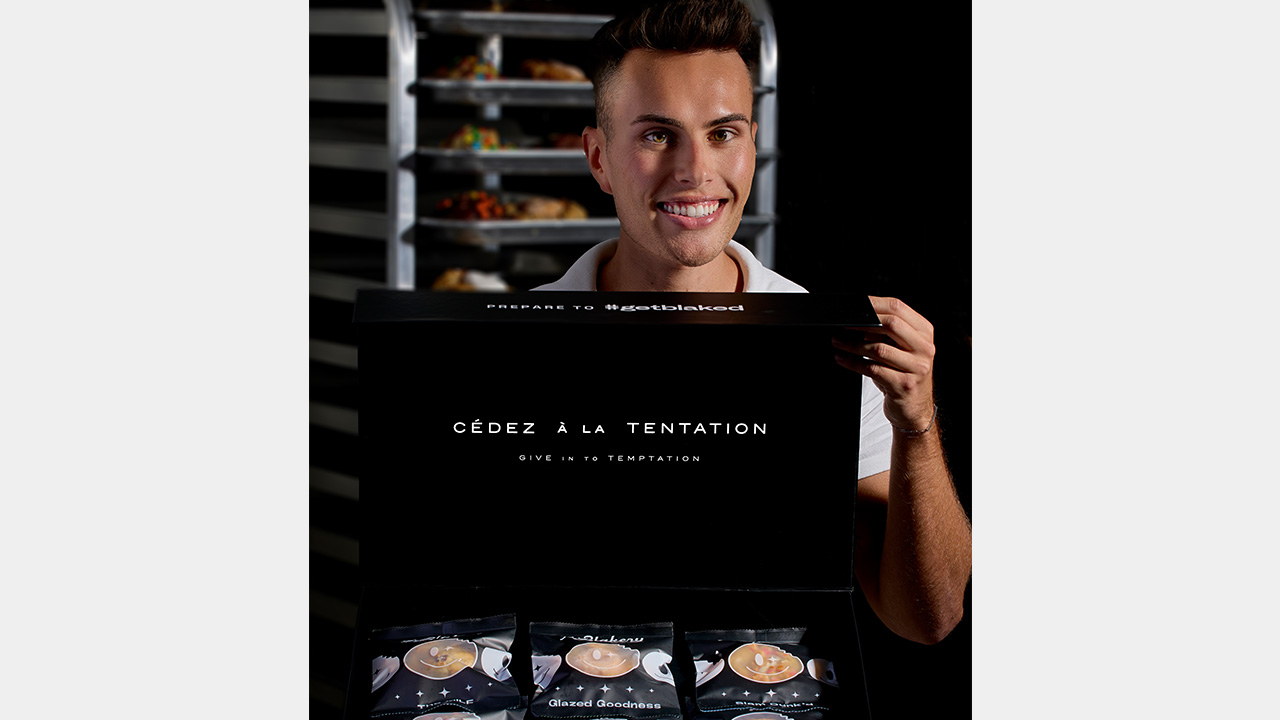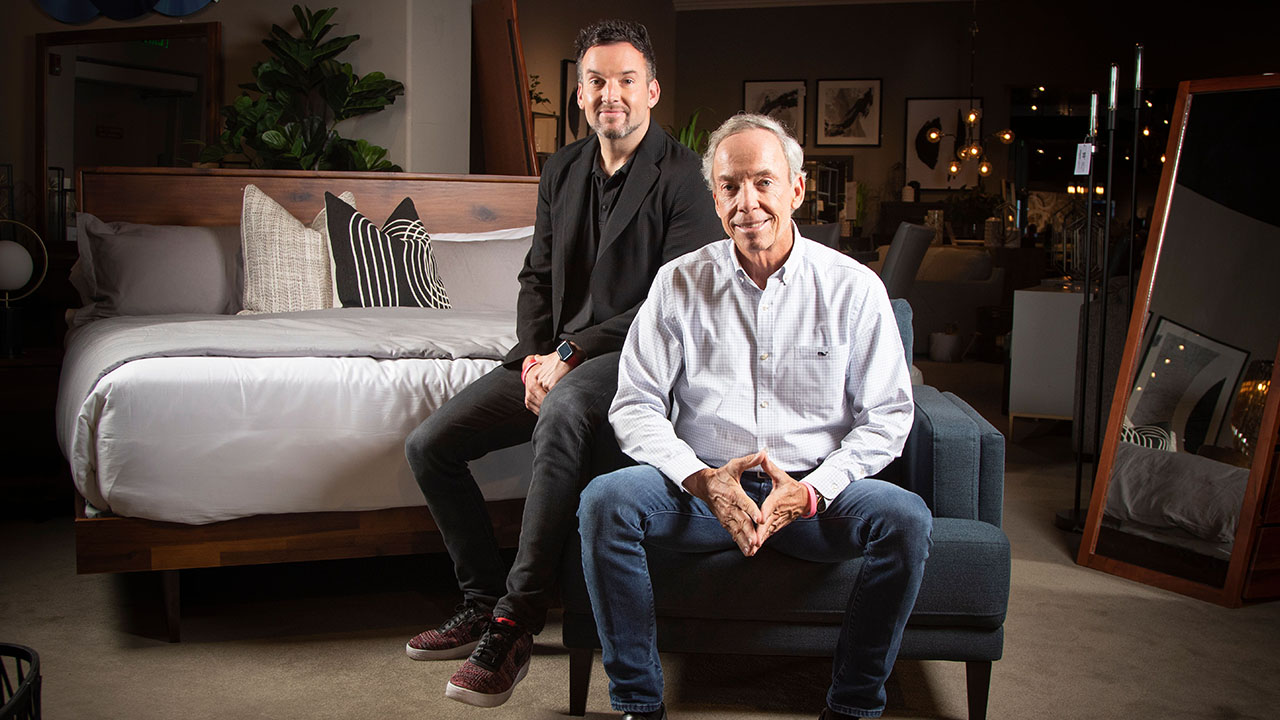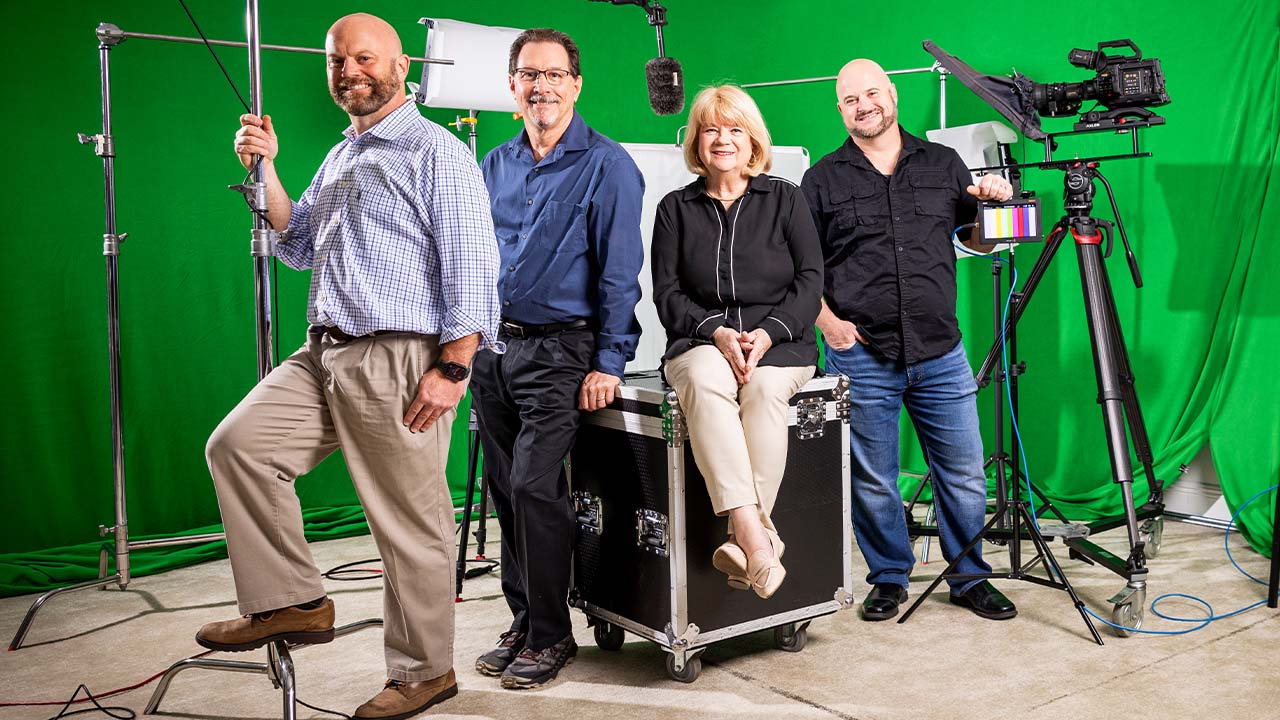When Ann Monis is asked about the composition of her clientele, the impact of the past few years—the COVID-19 era—is legible on her face. “Three years ago, I would have been able to answer your question very easily,” she says. “I would have said that the bulk of our practice was servicing assisted living facilities and nursing homes via geriatric psychology. But in the last few years we’ve shifted so much. People need a lot more treatment and it’s no longer age-limited—we treat adolescents, adults, and we’ve just received a grant for children under 8.”
Monis’ Fort Lauderdale-based practice, Transformative Health Care Solutions, cares for all generations—from toddlers to the elderly, with the need increasing at every age level—and region. Monis explains that with the expansion of her practice into Georgia and South Carolina, its former name, Mental Health Center of Florida, has morphed into its current, more expansive incarnation. But don’t look for outposts in places like Atlanta. Monis tends to focus on pockets where the need is greatest. “These are remote locations and they’re the toughest to staff with doctors,” she says. “Actually, we have a need for clinicians in every location, including Fort Lauderdale.”
Monis employs clinicians throughout the state, including in Jacksonville, Orlando and Tampa/St. Petersburg, around 100 in all. As for the Fort Lauderdale base, it contains 35 treatment rooms distributed in four buildings, “but with quite a lot of telehealth”—a sign of the times. Monis talked to SFBW about telehealth, the stresses of the sandwich generation, having an entrepreneurial mindset, and so much more.
Let’s get right into this convulsive era of ours. What has changed in your practice?
Pre-COVID-19, seeking mental health treatment was a bit more of an exception—in other words, if things got really rough, you came in and you got help. Since the pandemic, it’s more the norm. Many people are not feeling great, so talking to someone has become less unusual. In some circles, people might suggest, “Have you considered talking to someone about this?” And the response would be, “No, it’s not that bad.”
But now, because mental health is such a topic, if someone suggests talk therapy, the response is different: People will say, “I have” or “I am” or “I tried it online.” There are so many different outlets. The shift for us is that it’s less of a stigma. People are not as intimidated as they once were to ask for help. It’s more of a household discussion. We’re getting these phone calls into the office, a lot of outpatient, a lot of people calling in for help.
Are patients seeking different types of help these days?
Social anxiety is definitely on the rise, as well as depression. It used to be that people would come in with phobias and anxiety—that was a different conversation. Social anxiety is different. Do you know what it’s like if you’ve been sitting in your house for two years to get on the road? The streets are clogged, traffic is thick. People are out of sorts. I had a delivery driver flip out on me the other day, just start screaming out of the van. And then you add the social anxiety of coming back to work, having to interact with people, having to answer to someone.
How has the attachment to working from home affected your practitioners and your patients? Are there generational differences?
Older generations and adolescents prefer to come in. But if they’re in mid-career, they’ll say, “If you can let me do this remotely, then I’m committed. Otherwise, I’m just not sure.” These are people in their prime earning years. That’s what I’m seeing in the data, because I track it.
And these preferences are mirrored in your therapists?
My clinicians who are more seasoned, older clinicians, want to come in and see patients in the office, whereas my clinicians in those prime earning years say, “Book me up”—eight, nine hours at home. They’ll sit at that computer and pump out telehealth sessions.
This desire coincides with the so-called sandwich generation, people caring for young children and aging parents at the same time.
I feel it, too. My mom recently moved in with me, about 15 months ago. She sold my childhood home, it’s a big house. And she’s not old—she’s very active. But I get sandwiched, too—my kids are only five and seven. Who do I get to first, what do I do first, I have 100 people here, and I have these little guys at home, I have my mom, and how do I cut down on the amount of time doing other frivolous nonsense like driving? It’s a great question.
But that human interaction, that back-and-forth that you can only get in person, that’s mental health. So, even though the practice is extremely transformational, and we have transformative in our name, we really need to think about how long people will remain engaged in a digital therapy session versus the connection you make with me when you come in.
To linger on this midlife theme for a minute, how else is this demographic stressed?
The psychology is that people over 40 start thinking about end-of-life and the other half, versus up to 40 when they were busy thinking about building and the now. The texts are true; the science is true—there’s something that swaps after 40. We start thinking, What do I do with what I have left? In your 20s you weren’t thinking about death and dying—you were busy. After 40, you learn how much you don’t know.
Do you dispense medication in your practice, or send patients to an outside M.D.?
I send them. We’ve always been a bit more holistic. If we wanted to do the medication and the prescribing here, we would. It’s not something we haven’t considered. We are still considering it. My plan usually is to give it six months, and let’s see how we do, and if you still feel that we’re not making enough progress, or if it’s negatively impacting your life too significantly [we’ll look at medication]. Alternatively, if I get someone that’s really in crisis and it’s evident that they do need medication, we do that immediately. Sometimes, via telehealth we can do it right here. We have a Florida psychiatrist.
And this is because you have a PsyD in psychology, but you’re not a medical doctor—
I’m not a medical doctor.
Let’s talk about the nontherapeutic work that you do. You act as an expert witness in court regarding psychological issues?
There are a few ways it works for the forensic sector. I either get hired by private attorneys who would like me to testify on their clients’ behalf in court, but more prominently—and I do this a couple of days a week—I testify for the U.S. government on disability cases. There are a limited number of experts nationwide, 1,000 of us throughout the United States, so we have to appear on the phone. It has always
been remote; it’s not related to COVID. And these hearings run from 8 a.m. to 6 p.m. every day, for hundreds and thousands of cases. They call us in to do the mental health portion of this.
I’m the third-level appeal, so I’m at the tail end of everything these people have been through. Once you’ve been denied benefits for disability by the Social Security Administration twice, they bring in somebody like me. And they ask me to review the medical file, and then I dial into court when it’s my turn, and I work with the attorneys and the judge. So, it’s a live hearing, and I testify to what I’ve found in the medical record. I do it because it’s the right thing to do. I’ve been a CEO for a while now. I just graduated from Harvard Business School—I’m more invested in the business portion of the practice at this point, but I don’t want to lose what I know how to do and what I like doing. It’s a good use of my time, mentally. It’s more a labor of love than money.
And what about these other aspects of your profession—child welfare, guardian ad litem, social welfare …
We specialize in family reunification. We act as intermediaries; once the Department of Children and Families decides where the children go, and then they go to one of these various organizations within these counties in the tri-county area. We’re one of the largest practices that works on the therapeutic portion of the process. So, we either aid in the reunification, or as we aid in the reunification process, we might decide it’s not a good idea and then we make suggestions as to the next placement. We work with the children and the parents, or just the parents, or just the kids—it really depends on the case that comes through. We have been doing this work for about 10 years.
To change topics, I know you work with athletes. How do you assist them?
It really depends on why they’re coming in. There’s not one recipe. Sometimes it’s not related to sports at all. They say, “Hey, I know you helped one of my buddies on the team.”
What if it is sports-related, keeping your head in the game?
So, it’s going to be more of a focus psychology, being able to focus when there’s a lot of noise, being able to home in on what you’re doing, not letting it get the best of you. If you think about what they do in terms of minutes in a game, seconds, it’s understanding that even if you have a bad moment or a bad play, we’re going right back in there. You cannot sit there and hold onto that. It’s helping them to be swift and agile in their thinking.
And they must perform no matter what else is going in their lives.
These are well-oiled machines. I don’t hear that as much as that they’ve had a rough game, or had a blow to the ego, or they disappointed their team.
I want to end by asking you about the entrepreneurial side. You founded this practice in 2013?
In 2012, I was already a resident here, in a company that predeceased me, and then by the following year I was licensed and took off by myself. The gentlemen who was retiring came into my office and told me I looked like I could buy the practice from him. And I thought, on what planet? I was broke—I told him I had no money to buy anything, and he said, “You’ll see—you’ll buy this one day.”
I suppose that you went through the Harvard program because you wanted to become as adept at business as you are as a clinician.
So, I’ll say this: I’m not as adept at therapy as I am in business or forensic assessment. My colleagues at this firm will trump me in therapy—not for the high-end C-suite execs and top athletes. That’s a different conversation, because it’s the 1% that I’ve trained for. But clinical therapy—the daily, ongoing therapy that these guys are doing—they’re much better at it. Second, I was 19 with an MBA.
The business has been ingrained in me from the start, before I went in to get my doctorate in psychology. So, when the business opportunity presented itself, I knew exactly what it was and what I had to do.
Photo by Nick Garcia
















